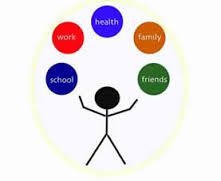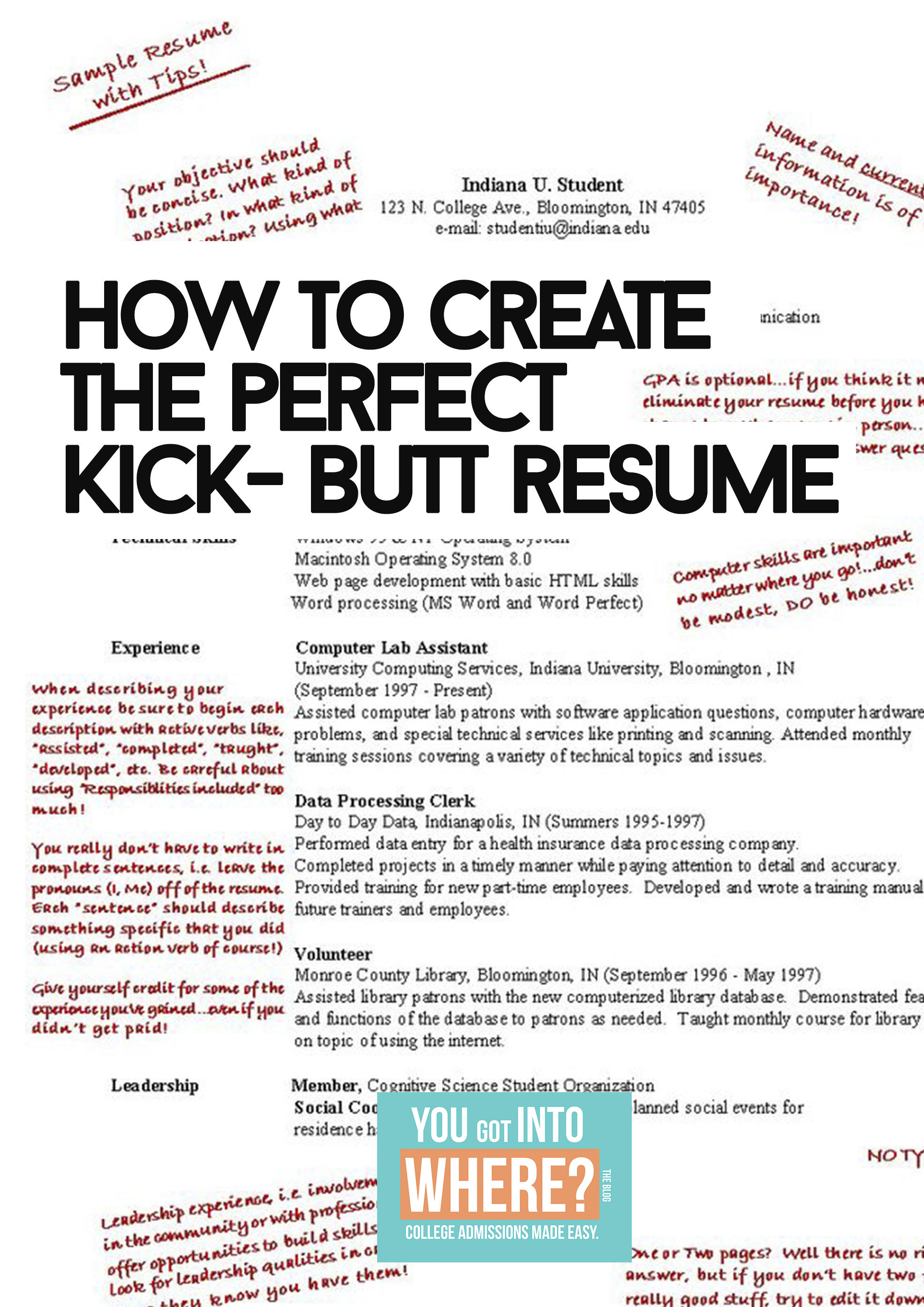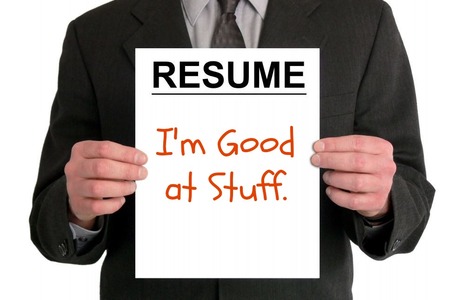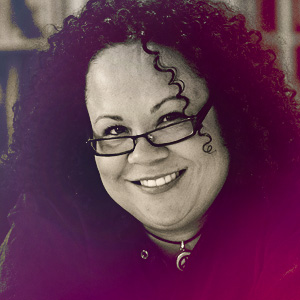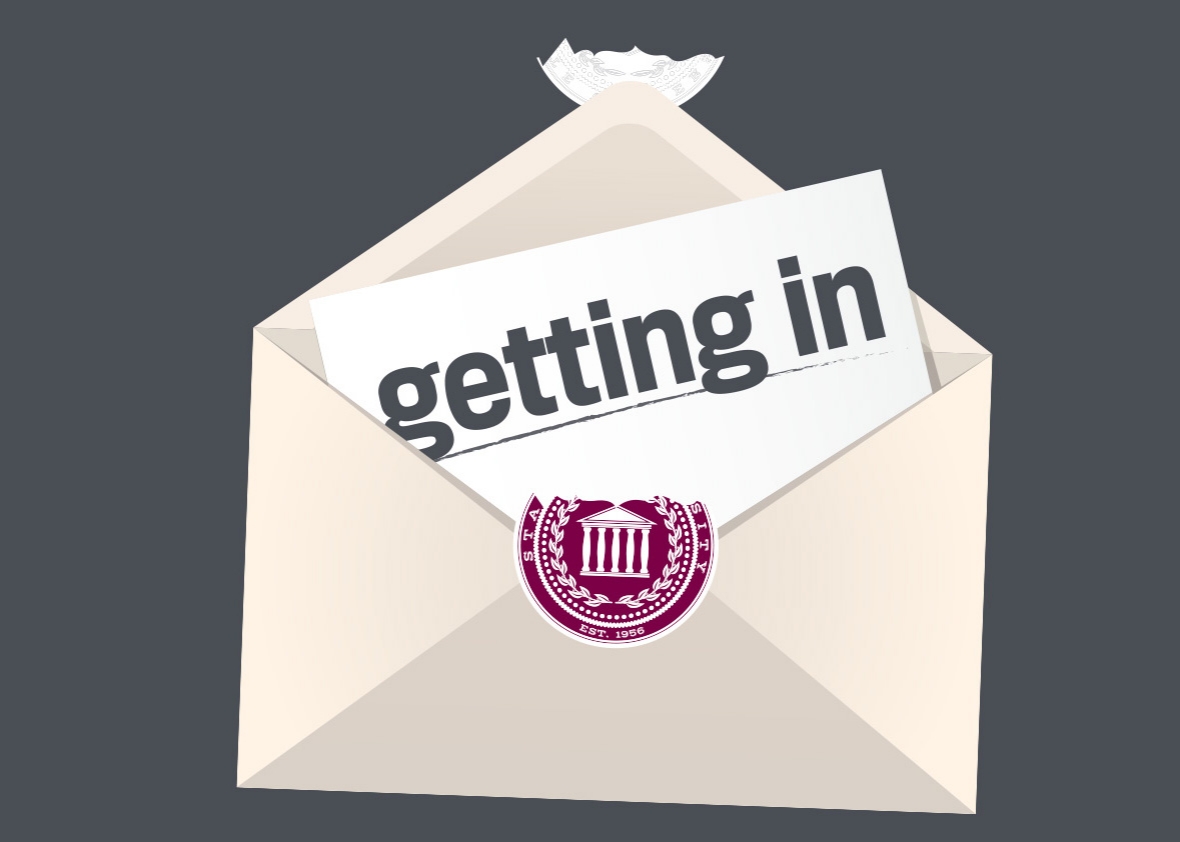How to Start Volunteering and Contributing in Your Community
/As a high school student, you’re in school for at least 30 hours a week, participate in extra-curricular activities, and might even work part-time. All the work that you put in as a student will eventually pay off; however, getting some community service hours on top of your other work will benefit you and the people of the community you’re helping; so it’s never a bad idea to search for some community service opportunities.
What is community service?
Community service is basically any voluntary act that benefits a community or group of people; you don’t get paid but you do benefit by building your character. Recently, I visited an animal shelter; although I went home with bloody scratches and fur all over my clothes, I learned the importance of caring for others (even if they’re not humans). According to the ASPCA, there are 7.6 million animals in the shelter every year; knowing this, I wanted to make sure that I helped a local shelter in any way I could.
Where can you find community service?
Firstly, check with your guidance counselor! Your guidance counselor is a great resource for reaching out to others in the community. You could possibly send them an email asking if there are any organizations that reached out to them about the need for volunteers. Last month, I visited a Veterans Affairs (VA) hospital and told my guidance counselor about my experience; she offered to help me find more opportunities in which I can volunteer and talk to veterans. According to VA.gov, there are over 21,000,000 veterans; knowing this, I for sure wanted to help any veterans in any way I can because I am a military child.
Secondly, contact local groups, non-profit organizations, churches, or even elementary schools. The nearest elementary school to me, often holds annual family-fun fair events; they always reach out to the community asking for volunteers to help run the event. Also, by contacting local groups and organizations yourself, you are able to create relationships with people that’ll authorize your service hours or even write you a recommendation letter.
Last but definitely not least, you can simply google “volunteer near me,” use the website https://www.volunteermatch.org, or check your local newspaper. My local newspaper happens to have a section where local businesses and organizations can post about their donation/volunteer needs. Also, volunteermatch.org, will allow you to narrow down what kind of service you’d like to do and where you’d like to do it.
Why should you do community service?
Besides the fact that you might need service hours as a requirement for clubs or school, you should do community service for a number of reasons. First of all, you’ll learn more about yourself. Everyone is different in their own unique way, but when you utilize your skills to help other people, you’ll learn more about yourself and gain even more skills. For example, I shaved my head for childhood cancer when I was 13 years old; it was then when I realized that I am a “people person” and want to continue helping people for the rest of my life.
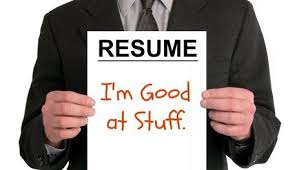
Also, you’ll have experience to put down on your resume. Whether you’re applying to college or a job, you will have something to write down under the “experience” section of your resume. Colleges love seeing diverse and well-rounded students; so, take action and show colleges what you’re capable of! Lastly, you’re simply helping others. Kindness goes a long way; whether it’s saying “hello” to a war veterans, walking a lonely dog, or serving food to the homeless, you’re filling their hearts with joy that they probably needed.
Conclusion
To wrap it all up, participating in community service will not only benefit you, but the people and groups you help. The work that you put in will be greatly appreciated and you’ll feel better for helping someone. Remember to keep in mind that you are representing yourself and your school as you participate in community service. Go out and find service that’ll mean a lot to you!
WANT TO LEARN MORE ABOUT COLLEGE ADMISSIONS? CHECK OUT THE YGITW BOOK HERE!
LOOKING FOR A HIGH SCHOOL OR COLLEGE INTERNSHIP? APPLY HERE!
PHOTO CREDITS:
https://media.licdn.com
http://www.updatedallas.com
https://www.iconexperience.com







